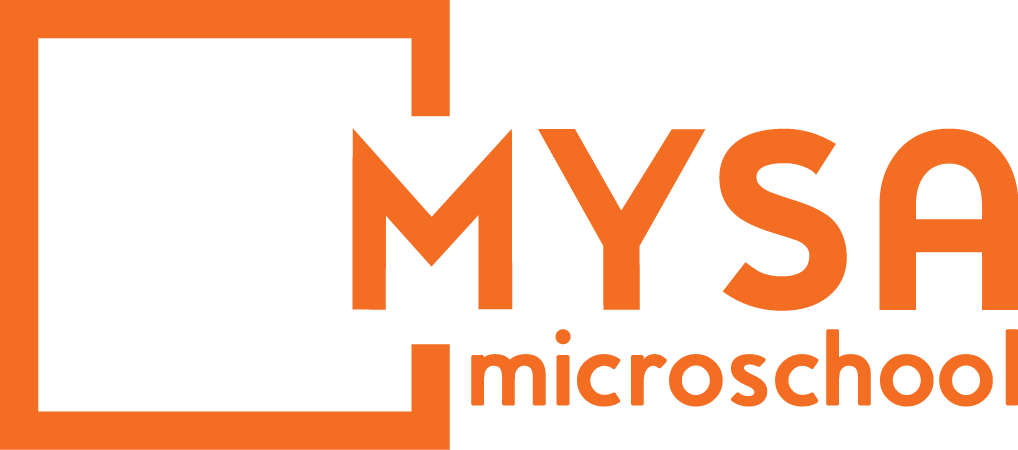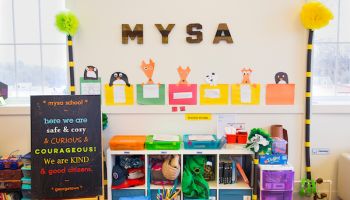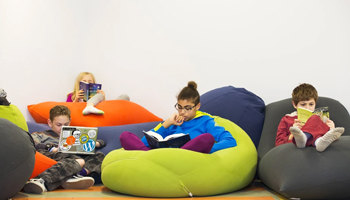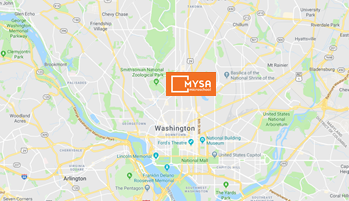
Oct 16 Is Homework Beneficial?
There are a vast number of traditions in education that continue, not based on any hard evidence, but simply because we cannot imagine any other way. For instance, why do schools have summers off? It has to be based on some kind of research on learning, or whatever, right? As it turns out, it isn’t. One reason is that early public schools, which proliferated in urban areas partly as a result of immigration, didn’t have air conditioning. Hot summers, combined with toxic fumes from local factories, made large school buildings simply too dangerous to spend one’s days.
Homework also falls into the category of longstanding educational traditions without research support. In fact, homework’s impact on improving student achievement is mixed at best, yet legions of teachers still assign it. And many students and parents alike consider excessive homework as a sort of right of passage through the K-12 system. It is certainly possible that homework can improve certain soft skills, like time management, that are unknowable through grades or a single standardized test. But as educators understand more about how students learn, we are finding that homework is neither worth assigning or worth the power struggle that often plays out.
In addition to rarely assigning homework for our students, MYSA wants our families to be educated “consumers,” so to speak, when it comes to important aspects of their children’s educational experiences. In other schools, we typically observe homework as busywork, disruptive of after-school activities, and requiring purchase of additional materials, like project boards and paint. Learning new academic content requires concentrated study and not all students have the right environment at home to do this. Ultimately, what students actually learn is more important than rote work completed at home, which is precisely what homework continues to be.
We are left with the question: what should students be doing after school? If students are doing work at home, which is sometimes the case, it is more effective for students to complete projects that have already been launched during the school day. That way, we lift the additional burden of learning new material at home. Assignments that are not completed in school, and MYSA students always have the time to do so, should reinforce what students have already done in order to increase student confidence in their abilities. If we are doing our jobs correctly, then teachers need not rely on students sitting at home teaching themselves.
By Shaun Johnson, PhD, Director of Teaching and Learning at MYSA






